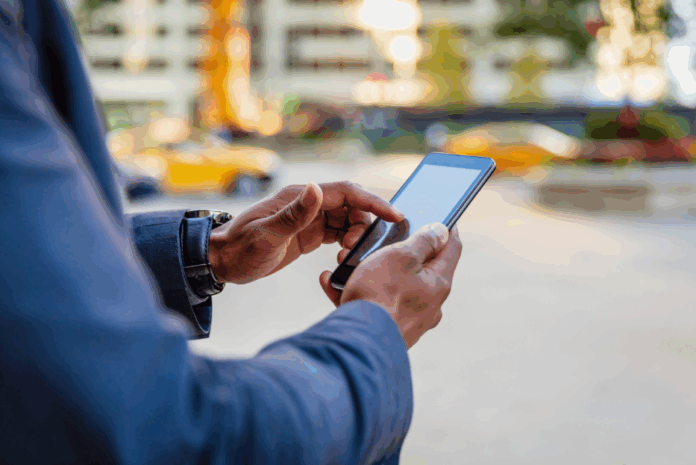As Mzansi gears up for the festive season turn-up, thousands of South Africans will be tapping Uber and Bolt to get home safely from year-end parties, groove spots, and family gatherings.
However, the holiday rush comes with a darker side: crime linked to e-hailing services is rising sharply. And both drivers and passengers are at risk.
According to new reports, crimes involving e-hailing operators have jumped by 20% in the past year. Gauteng has been the hardest hit, with 13 drivers murdered in just two weeks in August.
Female drivers also report harassment
The industry’s women are also suffering, 43% of female drivers report sexual harassment. While 72% of all drivers say they’re threatened by traditional taxi operators.
“E-hailing is now woven into how South Africans move, especially during the festive season,” says Kirstie Haslam, Partner at DSC Attorneys.
“But its convenience can create a false sense of safety. When things go wrong, most passengers have no idea of their rights.”
Haslam says that in the chaos of a collision, what you do next can determine whether you get compensation later.
“First check for injuries, call emergency services, and make sure the incident is recorded on the app. Take photos of everything, the scene, your injuries, the car’s registration, and the driver’s profile from the app. And if you go to hospital, insist on a medical report.”
Users urged to research legal rights
Even as a passenger, you may qualify for a claim through the Road Accident Fund (RAF) or the driver’s insurance if negligence or speeding is involved.
But Haslam warns claims involving pedestrian crashes only apply when both the driver and pedestrian share negligence. If the pedestrian is the sole cause, passengers have no RAF recourse.
Festive season crime spikes every year, and e-hailing riders are not spared. Passengers being robbed, assaulted, or dropped in unsafe areas has become alarmingly common. Drivers are also frequent targets of hijackings and attacks.
“If you’re robbed or assaulted during a ride, report it immediately to SAPS and the platform. Get a case number, keep all messages from the app. Take photos of injuries, and see a doctor. Then speak to a lawyer as soon as you can.”
Victims may claim in case of accident/incident
Victims may claim compensation if they can prove platforms ignored red flags. For example, failing to suspend drivers with repeated complaints or allowing unverified accounts.
“Platforms have a legal duty to protect drivers and passengers. When that duty is breached, the law can step in.”
E-hailing companies boast safety features like GPS tracking, emergency buttons and live-trip monitoring. But critics say response times aren’t always reliable.
“Technology helps, but it won’t save you from every risk. Late-night rides, fatigue, intoxicated passengers, and congested roads all add pressure during the festive period.”
Last year, more than 1 500 people died on South Africa’s roads, while 7 400 motorists were arrested for drunk driving and other offences at national roadblocks.
“Those numbers speak for themselves,” Haslam warns.
“Whether you’re in the driver’s seat or the back seat, awareness is your first line of defence.”



